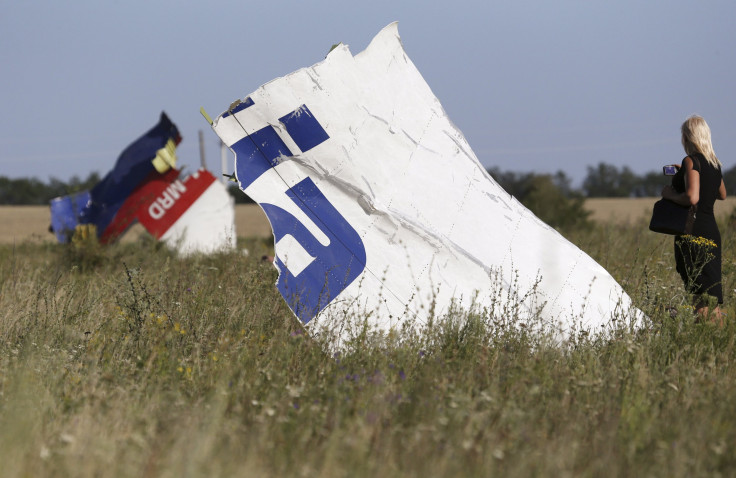Ukrainian Amnesty Offer For Pro-Russian Rebels, But MH17 And Mariupol Shelling Atrocities Exempt, Says Minister

Ukraine's foreign minister has said that a general amnesty for pro-Russian rebels will still be honored regardless of the outcome of the war in Ukraine. But Pavlo Klimkin ruled out any amnesty for those responsible for the Jan. 24 attack on Mariupol that killed 30 and injured 90, or whoever is deemed guilty of bringing down Malaysia Airlines Flight 17 last July, killing 298.
The amnesty, which was voted by the Ukrainian Parliament, was designed to make the process of exchanging prisoners easier and was tied to a September cease-fire agreement. However, as intense fighting continued through the region, that cease-fire agreement ultimately failed and the amnesty offer faded.
"Can we grant an amnesty to those who shot down the Malaysian plane? [Those] who organized the attacks on Mariupol? Of course not!" Klimkin said during a televised broadcast Tuesday.
The exact cause of the Flight 17 crash won't be known until Dutch investigators release their findings in October. However, experts hired by Dutch media, who reviewed fragments of wreckage from the aircraft, concluded that it was very likely shot down by a Russian-supplied missile fired by separatists. (Dutch investigators are leading the probe because a majority of the passengers on the doomed flight were from the Netherlands. The flight from Amsterdam to Kuala Lumpur went down in Torez, Ukraine, about 30 miles from the Russian border.)
Klimkin also said that militants would be excluded from having leadership positions if and when elections in Luhansk and Donetsk are held, in accordance with February’s Minsk II agreements. Even Klimkin’s Russian counterpart, Sergey Lavrov, admitted that many of the “bandits” operating within some of the separatist movements did not represent the people of the Donbas region. For example, rebel fighter Sergey Pavlov, also known with his nom de guerre of Motorola, has admitted to killing Ukrainian prisoners of war -- a war crime under international law -- and will not be offered an amnesty or allowed to run in elections.
Fighting has erupted in recent days around the port city of Mariupol and Dinetsk, capital of the self-proclaimed Donetsk People's Republic, with as many as 1,100 explosions noted by the Organization for Security and Co-operation in Europe over a six-hour period on the outskirts of Donetsk. Mariupol has also experienced an uptick in shelling and use of heavy weapons.
© Copyright IBTimes 2025. All rights reserved.






















